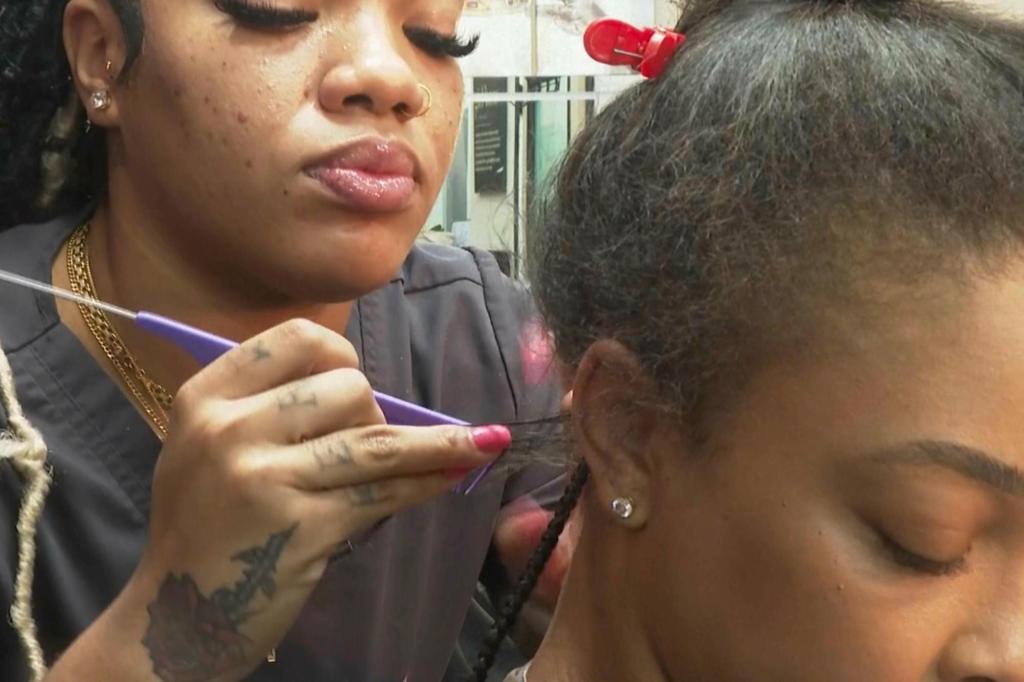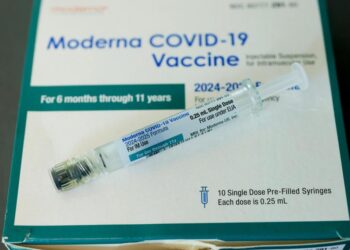By KENYA HUNTER, Associated Press
ATLANTA (AP) — Black women around the world gather in salons, dorm rooms and living rooms for hours at a time to get synthetic braids put in their hair. But they’re wondering if the convenience and fashion benefits are being outweighed by potential health hazards.
The question circulating on social media and in the Black community follows on the heels of a proposed federal rule — that’s still in limbo after multiple delays — to ban the carcinogen formaldehyde in hair-straightening chemicals.
There’s a thin body of research into the potential issues of using synthetic hair for braids. The latest addition is an independent study from Consumer Reports into chemicals found in braiding products. Some say the findings are concerning, but others are hesitant to make recommendations in part because the methodology did not go through a typical study review process.
All of the experts who spoke with The Associated Press did agree more research is needed into synthetic braids and other products Black women often use in or on their hair. Here’s a look at what’s known, what’s not known and what you might want to do in the meantime.
What’s known about synthetic braids?
Experts say it’s difficult to draw conclusions from prior studies. The Consumer Reports study, which was published in late February, said there were dangerous chemicals like lead, benzene and other carcinogens in 10 of the most popular synthetic braiding products.
While experts said the presence of the chemicals is concerning and confusing, they noted the study didn’t go through the rigorous scrutiny that it takes to get published in a peer-reviewed science or medical journal.
Javon Ford, a cosmetic chemist who talks about his work on social media, questioned the report’s findings, saying “the data set is so limited.” Consumer Reports only sampled two of each product, despite thousands on the market.
James Rogers, the head of product safety at Consumer…
Read the full article here







